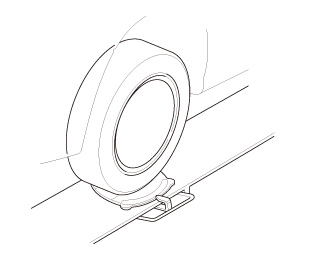Honda Civic Service Manual: Front Knuckle/Hub Removal and Installation

| 1. | Front Knuckle/Hub/Wheel Bearing Exploded View |
|
Exploded View |
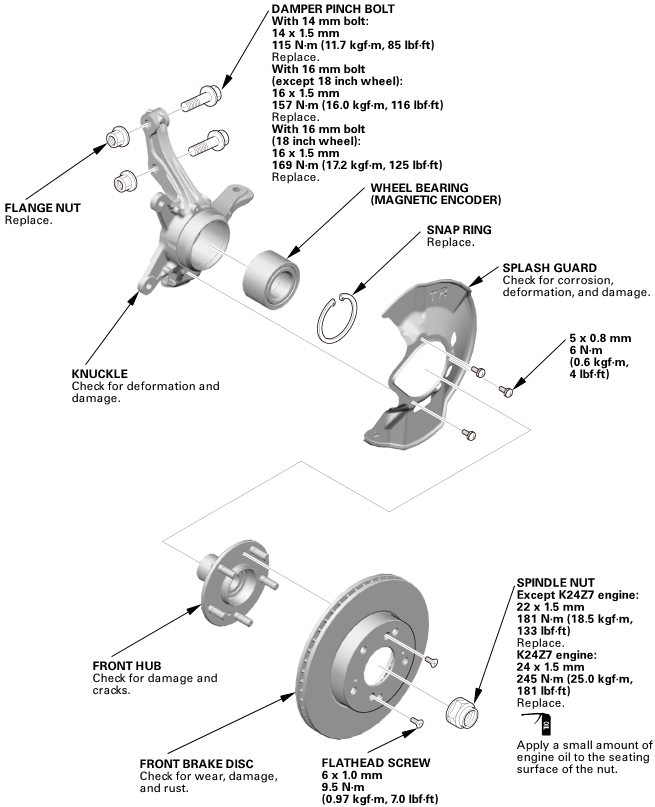 boltnommmm.7imaismmismm(l6.nisima(ini25wheelflange-andmm(n.5fmannanduur22mmin:mm(25in:i.n......and5.5uuaand
boltnommmm.7imaismmismm(l6.nisima(ini25wheelflange-andmm(n.5fmannanduur22mmin:mm(25in:i.n......and5.5uuaand

|
NOTE: Refer to the Exploded View as needed during the following procedures. |
| 1. | Vehicle Lift |
|
| 2. | Front Wheel |
|
|
|
| 3. | Front Brake Caliper - Detach |
|
|
|
||||||||||||||||||||
| 4. | Front Wheel Speed Sensor - Move |
|
|
|
||||||
| 5. | Driveshaft Spindle Nut, Front Left |
|
|
|
| 6. | Front Brake Disc |
|
|
|
||||||
| 7. | Ball Joint - Removal |
|
|
Always use a ball joint remover to disconnect a ball joint. Do not strike the housing or any other part of the ball joint connection to disconnect it.
|
||||||
|
|
|
|
|
|
||||||||||||||||||||||||||||||||
| 8. | Tie-Rod End Ball Joint - Disconnection |
|
|
|
| 9. | Lower Ball Joint Lower Arm Side - Disconnection |
|
|
|
| 10. | Front Knuckle/Hub Assembly |
|
|
|
|||||||||
| 11. | Front Lower Ball Joint |
|
|
|

|
NOTE: Refer to the Exploded View as needed during the following procedures. |
| 1. | Front Lower Ball Joint |
|
Except 18 inch wheels
18 inch wheel
|
|
||||||||||||
| 2. | Front Knuckle/Hub Assembly |
|
Except 18 inch wheel
18 inch wheel
|
|
||||||
| 3. | Lower Ball Joint Lower Arm Side - Reconnection |
|
|
|
| 4. | Tie-Rod End Ball Joint - Reconnection |
|
|
|
| 5. | Front Brake Disc |
|
|
|
||||||
| 6. | Driveshaft Spindle Nut, Front Left |
|
|
|
| 7. | Front Wheel Speed Sensor - Move |
|
|
|
| 8. | Front Brake Caliper - Reattach |
|
|
|
| 9. | Front Wheel |
|
|
|
||||||
| 10. | Pre-Alignment Checks |
|
| 11. | Caster - Inspection |
|
|||||||||||||||||||||||||||||||||||||||||||||||
| 12. | Camber - Inspection |
|
||||||||||||||||||||||||||||||||||||||||||||||||||||||||||||||||||||||||||||||||||||||
| 13. | Front Toe - Inspection |
|
|||||||||||||||||||||||||
| 14. | Turning Angle - Inspection |
|
|
|
|||||||||||||||||||||||||||||||||||||||||||||||||||||||||||||||||||||||||||||||||||||||||
|
|
|
|||||||||||||||||||||||||||||||||||||||||||||||||||||||||
 Knuckles
Knuckles
...
 Rear Knuckle Removal and Installation (Disc Brake)
Rear Knuckle Removal and Installation (Disc Brake)
4181C3 LEFT
4181C4 RIGHT
4181C2 BOTH
1.
Rear Knuckle/Hub Bearing Unit Exploded View
Exploded View
knucklemmu....lassmuandsrusuforandlarumrmconauand ...
See also:
Honda Civic Service Manual. High Mount Brake Light Removal and Installation - With Trunk Lid Spoiler ('13-'14:
4-door)
1.
High Mount Brake Light
maunlled
1.
Remove the high mount brake light (A) from the trunk lid spoiler.
2.
Disconnect the connector.
...

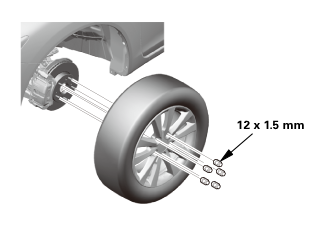
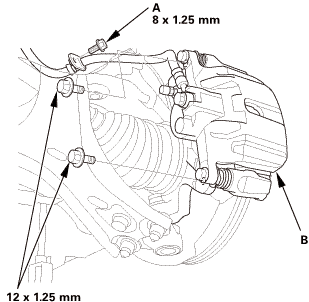 115mm
115mm
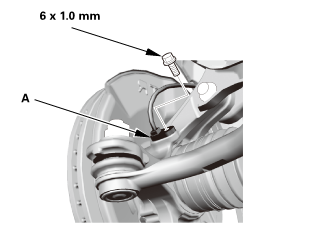
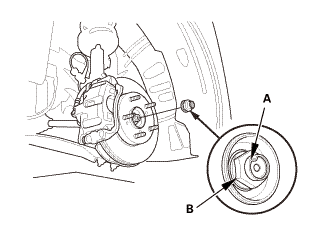
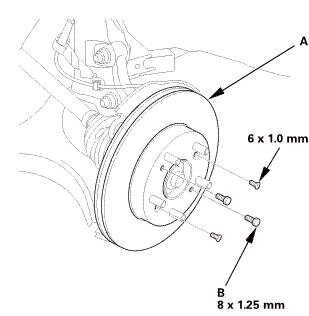
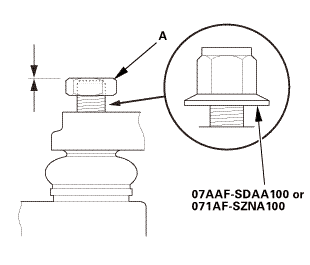

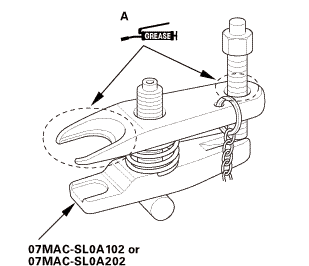 ov
ov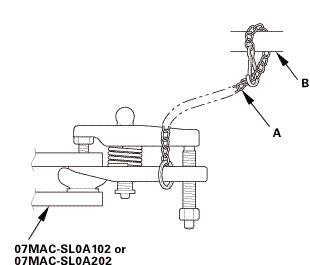 wmae-sldaidz
wmae-sldaidz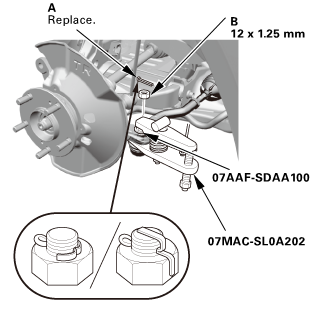
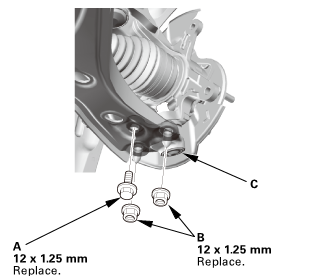 i225
i225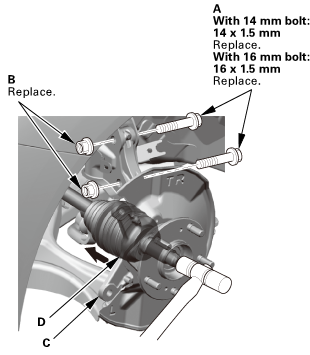 v\r.n.v\r.n.ii
v\r.n.v\r.n.ii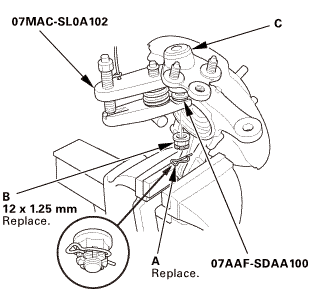
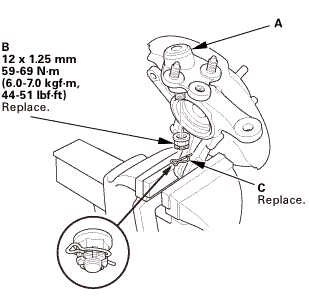
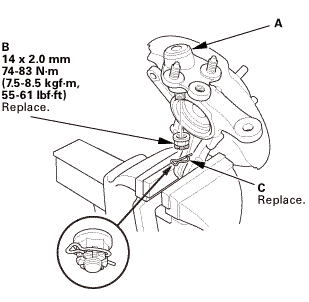
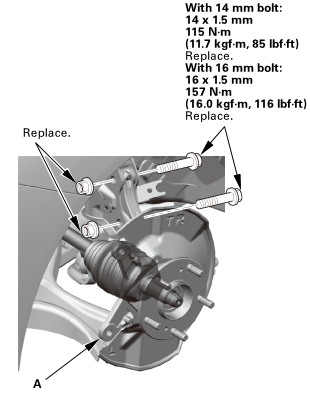 wmmmmmm115mmm.1immwmmmmmm151mmm,mwu
wmmmmmm115mmm.1immwmmmmmm151mmm,mwu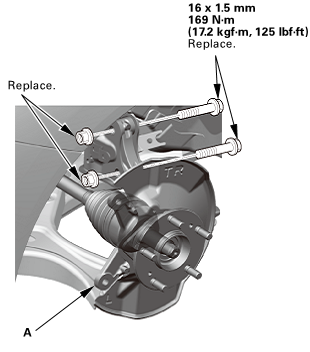 inmminu-m(17.2125
inmminu-m(17.2125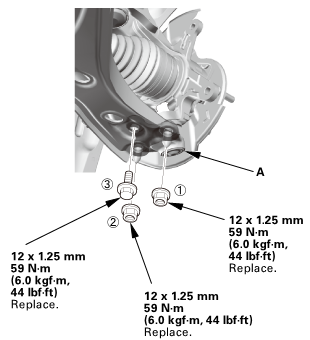 55(ini15mm(skg!m,12x125mm
55(ini15mm(skg!m,12x125mm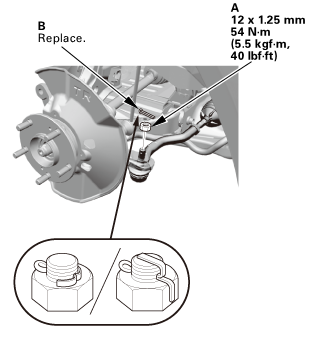 i2mmonum
i2mmonum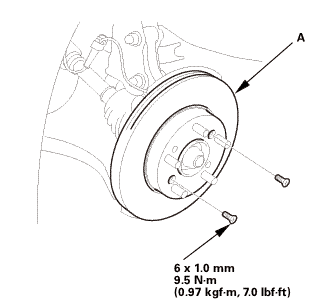
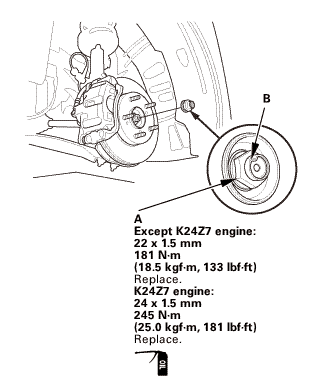 22x15mm15mm
22x15mm15mm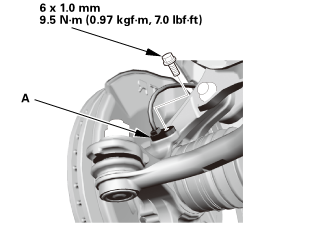 lomm
lomm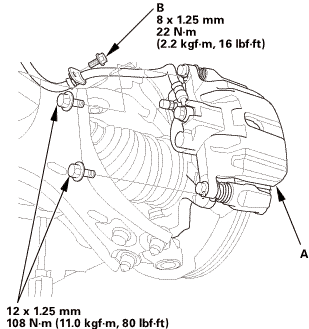 mm
mm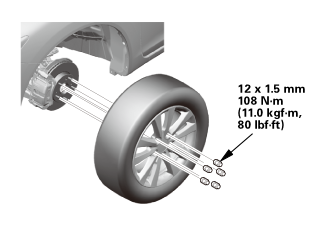 mmmln-mnomm
mmmln-mnomm